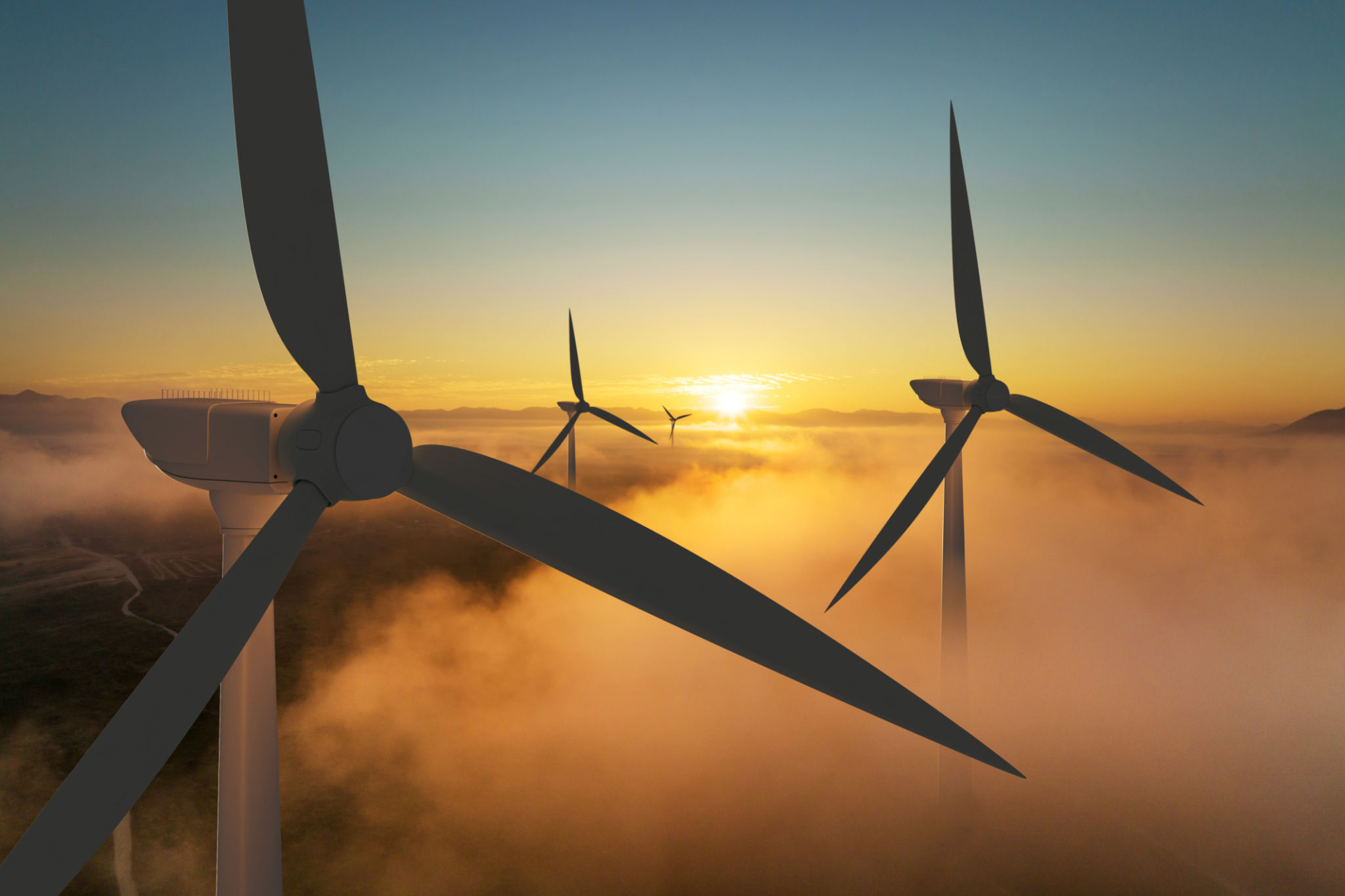The Future of Wind Energy in Western Australia: Trends and Innovations
Wind energy is rapidly gaining momentum as a leading renewable energy source across the globe, and Western Australia is no exception. The state's vast landscapes and coastal areas make it an ideal location for harnessing the power of wind. As technology advances and environmental concerns grow, the future of wind energy in Western Australia looks increasingly promising.

Current State of Wind Energy
Western Australia has made significant strides in adopting wind energy, with several large-scale wind farms already operational. These farms contribute to reducing the state's reliance on fossil fuels and play a vital role in meeting its renewable energy targets. The ongoing development of these projects highlights the potential for wind energy to become a cornerstone of Western Australia's energy mix.
As of now, wind energy accounts for a substantial portion of the state's renewable energy output. This growth is expected to continue as more projects are planned and executed, providing clean and sustainable energy to thousands of homes and businesses.
Benefits of Wind Energy
The advantages of wind energy are numerous. It is a clean and sustainable source of power that significantly reduces carbon emissions compared to traditional energy sources. Moreover, wind farms can be constructed relatively quickly, allowing for faster deployment of renewable energy solutions. Additionally, they provide economic benefits by creating jobs in construction, maintenance, and operation.

Innovations in Wind Energy
Technological advancements are driving the wind energy sector forward, making it more efficient and cost-effective. Innovations such as larger and more efficient turbines, improved materials, and enhanced grid integration are paving the way for a new era in wind power. These developments not only increase the capacity of wind farms but also reduce the cost of electricity generation.
Another exciting innovation is the development of offshore wind farms. These projects are particularly promising for Western Australia due to its extensive coastline. Offshore wind farms have the potential to generate massive amounts of power with minimal land usage, addressing some of the challenges faced by onshore installations.
Challenges and Solutions
Despite its many benefits, wind energy does face challenges. Intermittency, or the variability of wind speed, can affect power generation. However, advancements in battery storage technology are helping to mitigate this issue by storing excess energy for use during periods of low wind.

Grid integration is another challenge, as the current infrastructure must adapt to accommodate increasing amounts of renewable energy. Investments in smart grids and updated technology will be crucial in ensuring a smooth transition to a more sustainable energy system.
The Road Ahead
The future of wind energy in Western Australia appears bright, with continued investment in technology and infrastructure expected to drive growth in the sector. As more projects come online and innovations continue to enhance efficiency, wind energy will play a pivotal role in achieving the state's renewable energy goals.
Ultimately, embracing wind energy not only supports environmental sustainability but also strengthens Western Australia's economy by creating jobs and attracting investment. With the right policies and continued commitment, the state is well-positioned to become a leader in renewable energy on both a national and global scale.